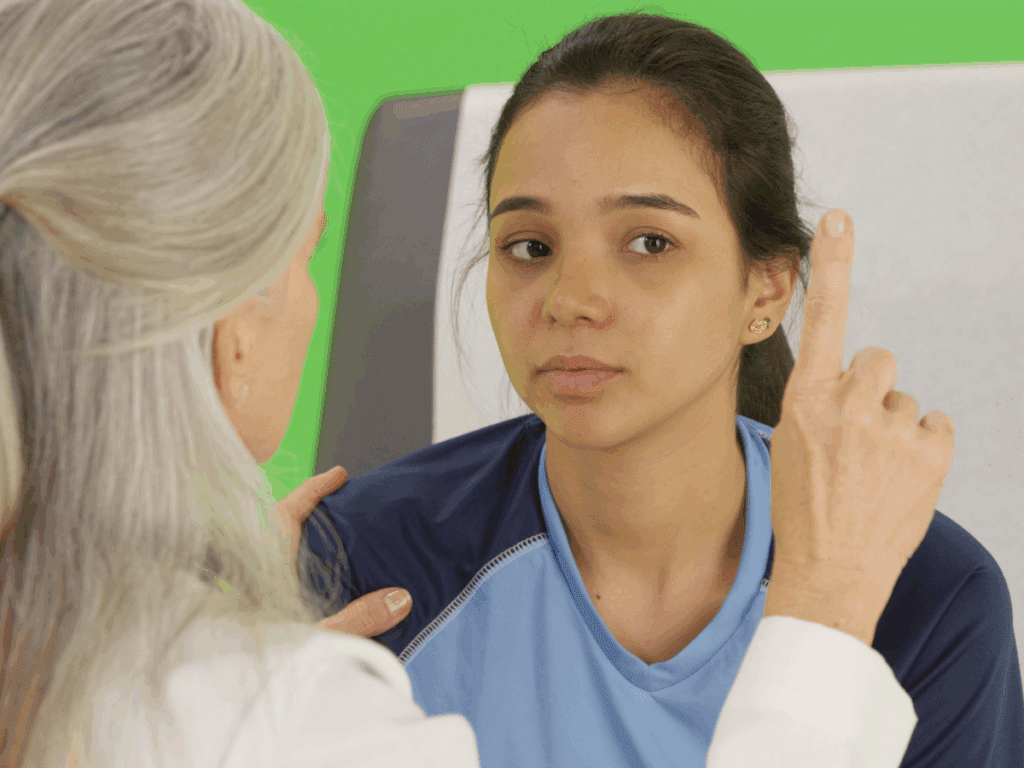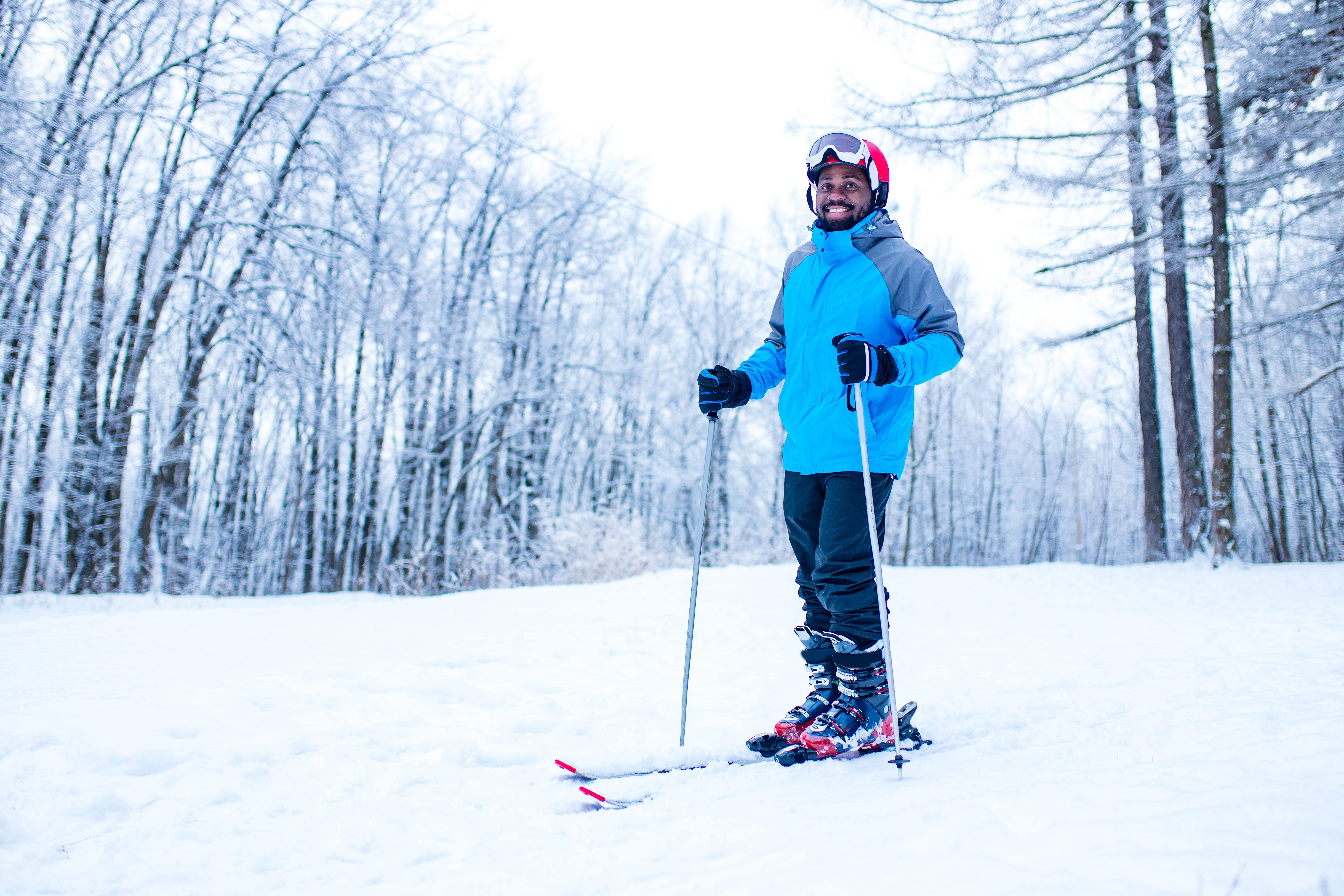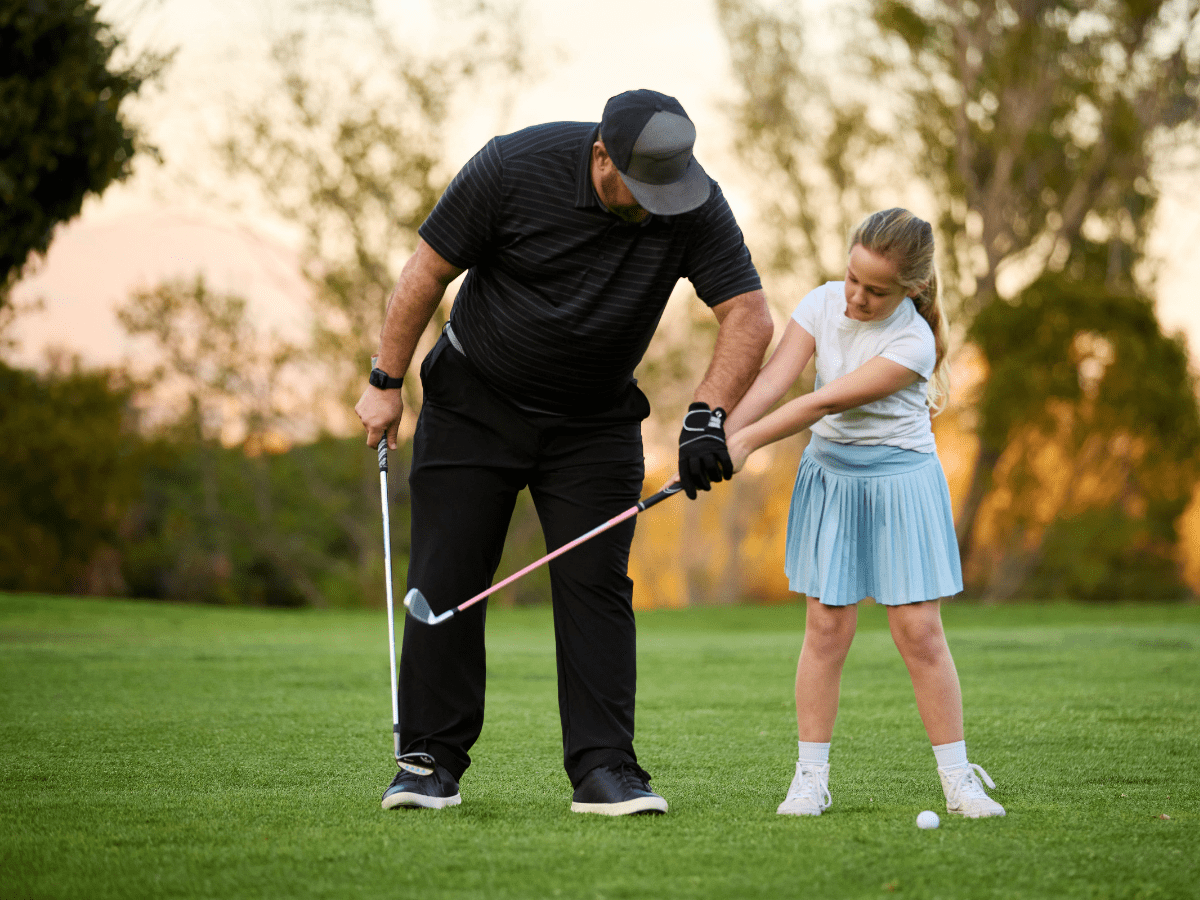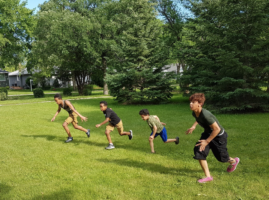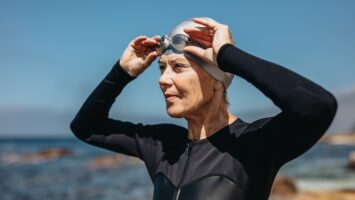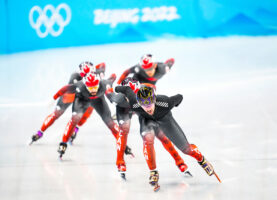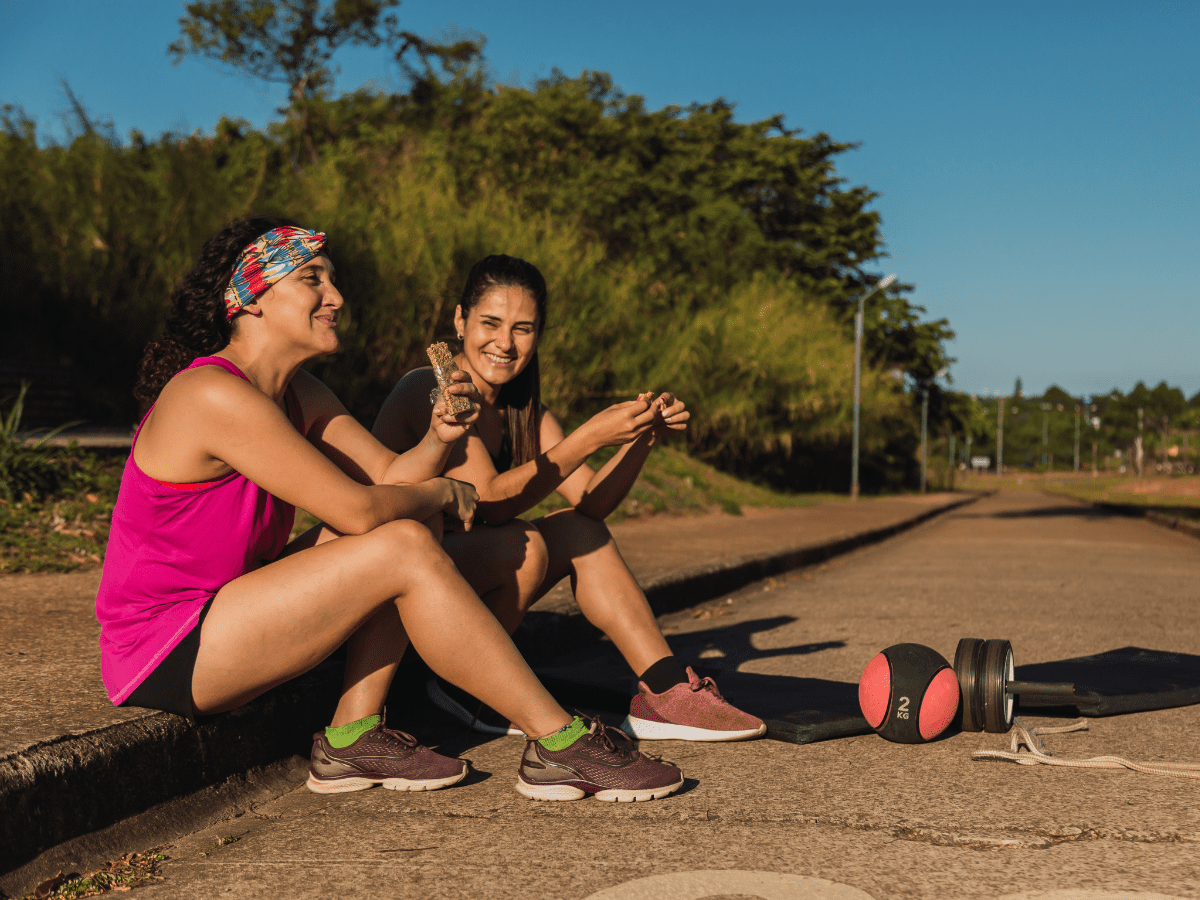Immigration, integration, and intersectoral partnership: A critical examination of introductory winter sport programmes for newcomers to Canada
View the summary of this research here. Project summary The objectives of this project were threefold: This project was based in Calgary, Alberta, Canada. I co-designed the WNP with intersectoral community partners from WinSport (a community-based sport facility) and Center...
